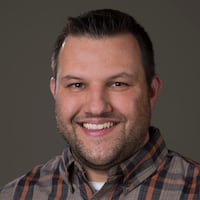The Big Ten announced Thursday the university decided to withdraw its legal challenge to the conference’s suspension of Harbaugh, whose team is undefeated and ranked No. 3 in the College Football Playoff rankings this week, for the rest of the regular season.
Big Ten Conference Statement on University of Michigan Decision https://t.co/JnOzeSz9Z9 pic.twitter.com/U3sBvFfPjv
— Big Ten Conference (@bigten) November 16, 2023
Harbaugh has denied knowledge of any wrongdoing within his program, but he was suspended as a representative of the program following accusations a member of his staff organized a network of people to attend dozens of games of future Wolverines opponents over the course of multiple seasons and video their coaches’ signs.
Both in-person scouting and recording opponents’ signals are violations of NCAA rules, and that organization notified the Big Ten last month it was investigating the case.
Michigan was seeking to block the suspension in a hearing scheduled for Friday, one day before the Wolverines play Maryland.
“This morning the university, Coach Harbaugh, and the Big Ten resolved their pending litigation,” the university said in a statement. “The Conference agreed to close its investigation, and the university and Coach Harbaugh agreed to accept the three-game suspension.
“Coach Harbaugh, with the university’s support, decided to accept this sanction to return the focus to our student-athletes and their performance on the field. The conference has confirmed that it is not aware of any information suggesting Coach Harbaugh’s involvement in the allegations. The university continues to cooperate fully with the NCAA’s investigation.”
In its announcement, the Big Ten used somewhat different language to describe the end of the legal challenge but praised Michigan as “a valued member of the Big Ten Conference,” adding, “the conference will continue to work cooperatively with the university and the NCAA during this process.”
About the Author
